Should I Stay or Should I Go?
Seth Godin's The Dip is a guide to assessing the long-term viability of any project in which you expect a return on investment.
I'm going to open with a personal story to set the stage. To scroll straight to discussion of the book, look for the heading: "This was when I read The Dip."
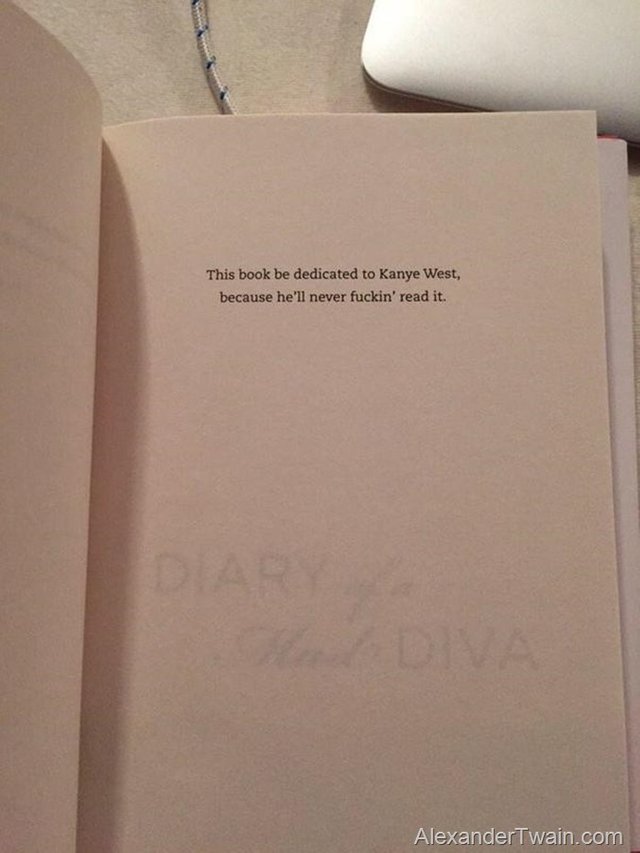
"I quit my job just to quit. I didn't quit my job to write fiction. I just didn't want to work anymore." -Don Delillo
I left the work force about two years ago and haven't returned. I didn't become a successful freelancer or something like that; I simply curled in on myself and into a cocoon that is only now opening.
While I have often been called "indispensable," I have as often loaned money to my employers. I just seemed to pick 'em. I also misunderstood so many social ladders, thinking I'd be valued for being willing to do the hardest work, the things no one wants to do, when such willingness is more likely to be perceived as a lack of self-respect. I started calling myself Dirty Harry, trying to get it into my head that I was doing it to myself.
"Now you know why they call me Dirty Harry: every dirty job that comes along." -Harry
"No wonder they call him Dirty Harry; [he] always gets the shit end of the stick". -Gonzalez

I suspected this was related to an unresolved psychological issue picked up during my time in Riyadh, Saudi Arabia during the Gulf War. The airport closed and there were sirens indicating biological weapons were being fired, but the US had not issued gas masks to civilians. The American school was kept open. George Bush Sr came to the embassy in the diplomatic quarter where they held our swim team competitions and told an assembly that included my parents why we had to be pawns. I don't know what was really said, but that's how I understood it at the time.
I was fourteen, a shoo-in for captain of the basketball team, about to ace my geology test, with a crush on a boy who was noticing, and the sky was literally falling. I was roller skating around the giant geodesic AT&T radome with my science teacher on the day it rained black. Mrs. Bertoia said it was from the fires in Kuwait. My father pulled out half his mustache on the phone with my grandfather who had been a major general. While CNN showed pictures of what looked like fireworks and said cheerful things like "The scuds are flying over Riyadh!" My grandfather (picture The A-Team's Hannibal, complete with cigar) said "Think about it this way: every one they shoot at you is one less they have." My father stayed behind to keep their jobs, per contract, and my mother got my little brother and I onto a bus across the country to an open airport. Not one bad thing happened, but I've been running ever since.
After I made it back, two years ago, from yet another situation I felt unsafe in, I knew I didn't have it in me to try again. I had to change my approach completely. Investing in myself, first, was clearly the only step forward. I was ready to give both fingers to anyone who dared call that selfish. I let my generous boyfriend support me and allowed myself to crumble completely.
This was when I read The Dip.
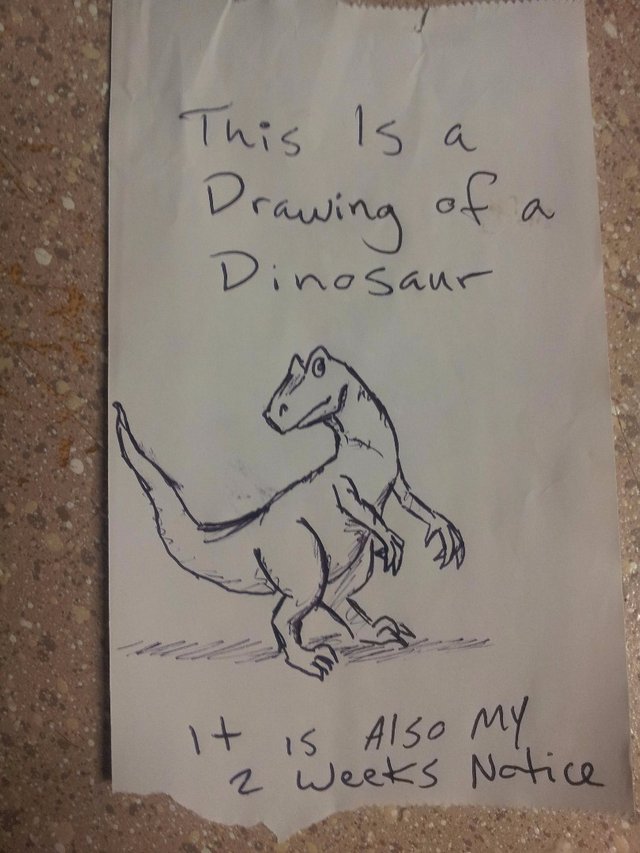
"Winners quit all the time. They just quit the right stuff at the right time." - Seth Godin
The book is a quick read, readily available, and I recommend you enjoy it in it's entirety. Seth Godin has a gift for the type of writing he does: boiling down strategy into smooth, highly quotable writing in the voice of the nicest guy you'll ever meet. Here's Seth Godin's Blog
A friend recommended the book as a tool for helping me do a better job of deciding which offers to aim for and which to take. I've had a great deal of success in getting what I go after. Where I was failing was in going after the wrong jobs in the first place or in accepting offers that I should have seen holes in.
"If you're going to quit, do it before you start."
With how much discussion there is of quitting, it would seem like the book was centrally about that, but it's not. Godin is very clear that quitting for the wrong reasons is counter-productive. He says the worst time to quit is when the pain is the greatest.
"Decisions made during great pain are rarely good decisions."

When you find yourself asking whether to stay or to go, the right answer is to sleep on it.

The book is most importantly about how to choose what to put serious effort into in order to see a return.
There's a misconception that a number of us suffer from, myself included, that one should invest in what one is good at, talented at, interested in, passionate about. But the fact is that, if we choose gymnastics, we should expect the competition to be stiff and the market small. Seeing a return is not a given.
As Sage Lewis summarizes here
"The concept is pretty straight forward, and actually makes sense once you think about it:
The harder the path is to success the less likely your competitors will be to follow you."
That is the central concept Godin refers to as The Dip: it's the reading to get the knowledge-base, the experimentation to achieve the skill-set and the practice to master the rare fluency that will set you apart. It's the hard pushing work that takes you from being really, really, ridiculously good looking to becoming a working model or even a creative genius and self-actualized legend.
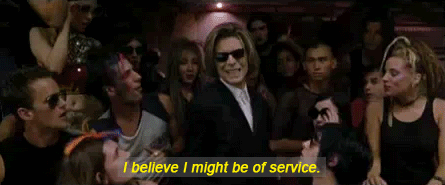
As Dirty Harry, I expected that if I brought my A-game and focused long hours on hard work, it would lead to recognition, advancement, and eventually stability and happiness. I like working and enjoy the pride I feel in doing something unpleasant that benefits others. I thought that, by keeping my expectations low and my chin up, I could push through the Dip without knowing what I wanted to find at the other end.

Life does have a way of coming at you sideways. Murphy's Law is a good bet. But if you don't consciously choose a Dip to push through, you may find yourself specialized in fixing toilets and with plenty of non-paying customers. That almost happened to me.
"Quit the wrong stuff. Stick with the right stuff. Have the guts to do one or the other."
There cannot be a one-size-fits-all answer to the question of what to invest one's time in, except to invest in oneself. As Florence Scovel Shinn has said, "The first start toward success is to be glad you are yourself."
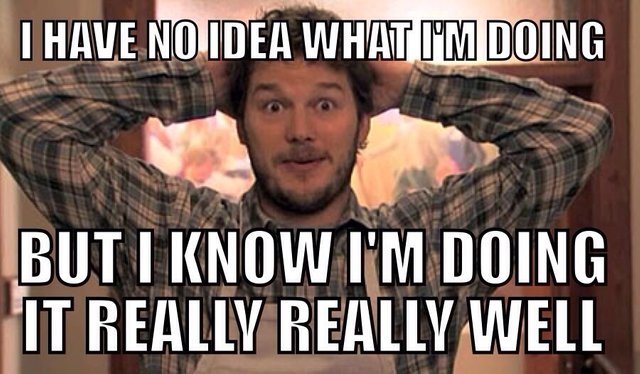
Investing in yourself means deciding to take on a project or job in order to become the person you know you already are but haven't had a chance to shine as, yet. As is mentioned in What Does Invest In Yourself Mean?, it's not just spending money to take classes or to buy equipment.
There is no reason to keep investing in something that isn't going to get better. But the way to know is not to ask how you feel about it right now. Instead, consider which Dip you have chosen. What is the skill set you are developing that has a barrier to entry? Where do you like to go that others can't follow? What Dip will become the moat that makes you not just a candidate but one of the only candidates?
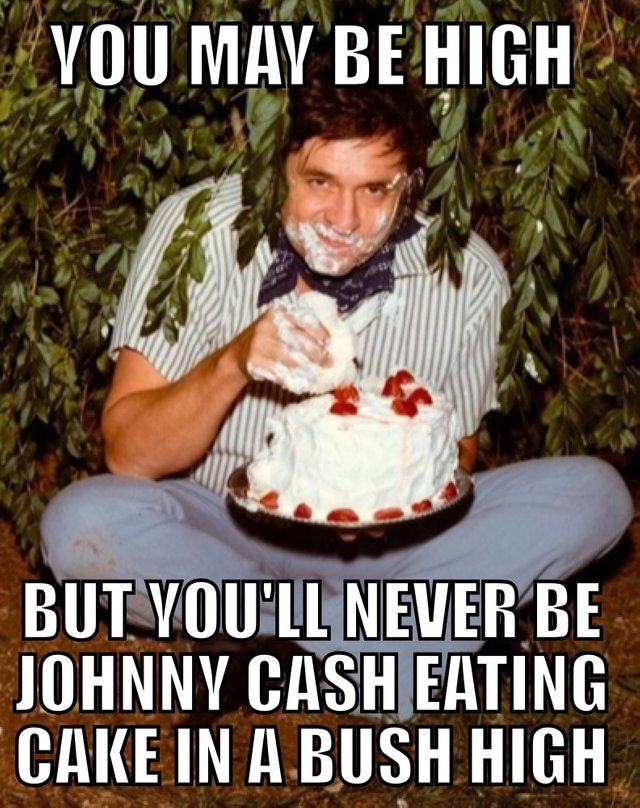
Jamie Varon writes in To Anyone Who Thinks They're Falling Behind: "Maybe your motivation isn’t the problem, but that you keep pushing a boulder up a mountain that only grows in size the more you push." Sometimes it's actually taking a step back and forgetting about an obstacle that changes everything.
Mark Manson explains, in this very short video, that it makes sense to think about the worst of the regular tasks associated with your goal: the shit sandwhich.
Manson's is a smart facet to include in a well-rounded consideration. When my brother was two or so, he got it into his head that he wanted to try a Bacon Double Cheeseburger. He didn't like cheese at that age but didn't understand that he was ordering something he didn't want. My mother would say "How about we order you the Bacon Double Burger." No good. So we got the Bacon Double Cheeseburger and he was predictably appalled that there was cheese on it. We scraped it off and it was still, overall, not the experience my brother wanted. Something about the words had given him a feeling and it was that feeling he wanted.
If you hate math but want to be an engineer, chances are you won't like being an engineer.
Olivia Goldhill argues in Neuroscience Confirms That to Be Truly Happy You Will Always Need Something More that "...the act of seeking itself, rather than the goals we realize, is key to satisfaction." Mastering a skill set isn't necessarily the answer to everything.
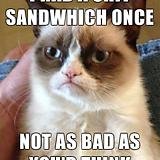
This article is not a detailed summary of The Dip's few clear, deep points. Partly, this is because I want you to read it. Partly, this is because it would be difficult to say a word of it better than Seth Godin has in his very short book.
Let it be as easy as choosing how to challenge yourself. Just make sure the hard work you commit to will help you develop into someone you want to be, and someone who offers services people need and expect to pay for.
As for me, I've stopped running and have decided to write for Steemit. Not about or to, but for. Even if it means I receive no other reward than becoming a faster writer with a better sense of my audience and the confidence to evolve. Tell me how I'm doing. :)
If you love Seth Godin but can't get to a bookstore or library easily, consider
this annotated list of his free ebooks.
For additional reading try this interview
An excellent [summary] (http://brodybond.com/the-dip-by-seth-godin-summary-and-review/)
Fascinating commentary on the mathematics of Godin's curve and other topics
if you want honest feedback...i'd say that i stuck around after the first part of the article because I haven't read the Dip but like Seth Godin. The second part was better and to the point.
You use tooooooo many photos and makes readability harder. You headline at random which I don't get. No every paragraph is a headline...
It's a good post in this, if you had spent some time to re-write and re-think what you want to achieve, as it is, i doubt anyone has the patience to read it all, more like SCRAP the meaning around the photos.
I'll upvote this because honest, original content is something I admire but would love to see some improvements :)
Thank you so much for this helpful feedback! Seriously. Formatting in markdown is not a smooth experience for me, at all. You're frustration that every paragraph is a headline echoes my own frustration at not being able to find the notation for ordinary text. So, yes.
I really appreciate you taking the time to help me out.
an additional comment: I'm curious what your advice would be about post frequency. Normally, any piece of writing would take me three days to complete. This was an experiment with trying to post daily. Clearly, the quality suffered for that. I enjoyed and upvoted your piece on multiple drafts and believe in them. Would you say it's possible to do well on Steemit without being known first if you post only once a week?
i think the quality was quite good. i learned a lot actually. maybe do it a bit briefer would help...in fact, if the markdown was on point i think you['d be ok even at this length!
I can not answer this, steemit is a lottery in a lot of ways, that being said i do think that good original cool content eventually finds its way. But if you do it for the money, i'm afraid frustration might get the best of you first :)
Wow! Thank you so much. I'm now looking at my post as two separate pieces, one a half-formed personal narrative, the other formatted research notes. Two melded unformed things is not one. One thing I'm taking away from your comments is that it really is worth holding out for quality. That's actually wonderfully exciting. So glad people like you are reaching out with tips. :)
i also recommend you join steemit.chat. you cna find me @razvanelul might be able to help you more. i read your introduction and you seem awesome . i'm sure you'll see SOME sort of success soon
I enjoyed your post again ... I tend to 'discount' the daily posters myself.
If you spend every day writing at least ten well thought out comments and the like, than yes. Otherwise it might take you a long time.
I'll have to monitor your blog separately, since I missed this article on my feed.
Thanks @xanoxt! I actually have been focusing on the social aspect over the posting one, this week. It's so heartening that you want to be sure to catch my articles. Seriously! I'll tag you in the next one, though I'm not yet sure what that does. ;)
Thanks, @jsteck! I'll be curious to see what you post next. There's something to be said for cultivating mystique by posting only very occasionally. ;)
I like the idea that the harder your path to success, the fewer competitors will join you there. In fact, I think I'm going to spend the day with that idea! Thank you.
Excellent! That really is the major idea. Thanks for checking out my blog. :)